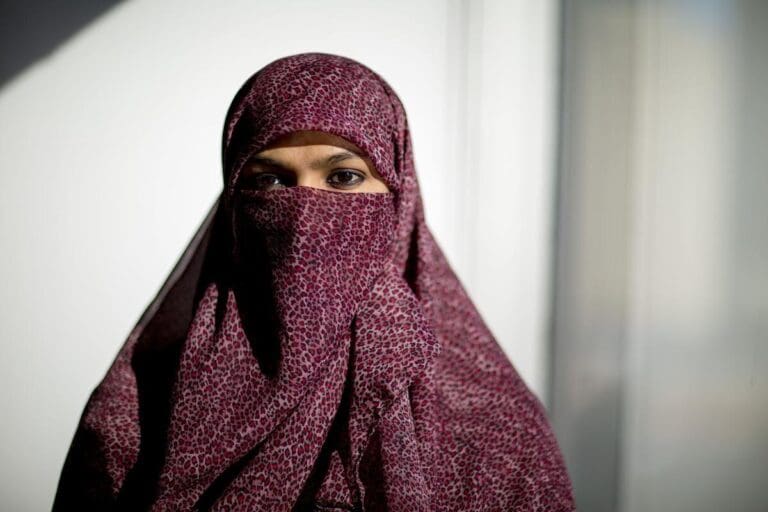Ethiopian Muslim students in the town of Axum in the state of Tigray are protesting a ban on wearing niqab in schools in the region, APA can report on Monday.
A similar ban on niqab had been imposed in schools in Addis Ababa, the capital of Ethiopia, but lifted recently after months of a protracted row between the local authorities and leaders of the Muslim community.
Niqab is the full face veil worn by Muslim women in public.
The niqab-wearing students in Tigray complained that they were barred from attending classes in open violation of their constitutional rights to education and religious freedom because of their full-face coverings.
Some of them speaking to APA on condition of anonymity their schools two weeks ago prohibited the wearing of niqab inside their premises.
“The schools using the ban on niqab to deny our right to observe the tenets of our faith” one of the students said.
“We even asked to wear niqabs matching the colours of our school uniforms, but they have refused to allow that as well” she said.
Getu Kassay, a representative of the Islamic Affairs Office in the Central Zone of the Tigray region, said his office has been working with the city’s education bureau to resolve the issue.
In a letter dated 10 October, 2024, the Islamic Affairs Office in Axum had previously urged schools to respect the religious rights of Muslim female students, emphasising that wearing the niqab is a religious obligation.
The letter also highlighted that the ban affected four secondary schools—Woree, Kindeya, Adebabay, and Messenado—and approximately 140 students, including Grade 12 students who were reportedly denied registration for national exams.
Haji Mohammed Kahsay, Secretary of the Islamic Affairs Council in Tigray, criticized the ban, saying it has disproportionately affected Grade 12 students.
“Some students have been prevented from registering for the national exams because they were not allowed to enter the school premises,” he said.
“The niqab is a deeply significant expression of faith and identity for Muslim women. Denying students the right to wear it violates their religious freedoms,” he added.
MG/as/APA


